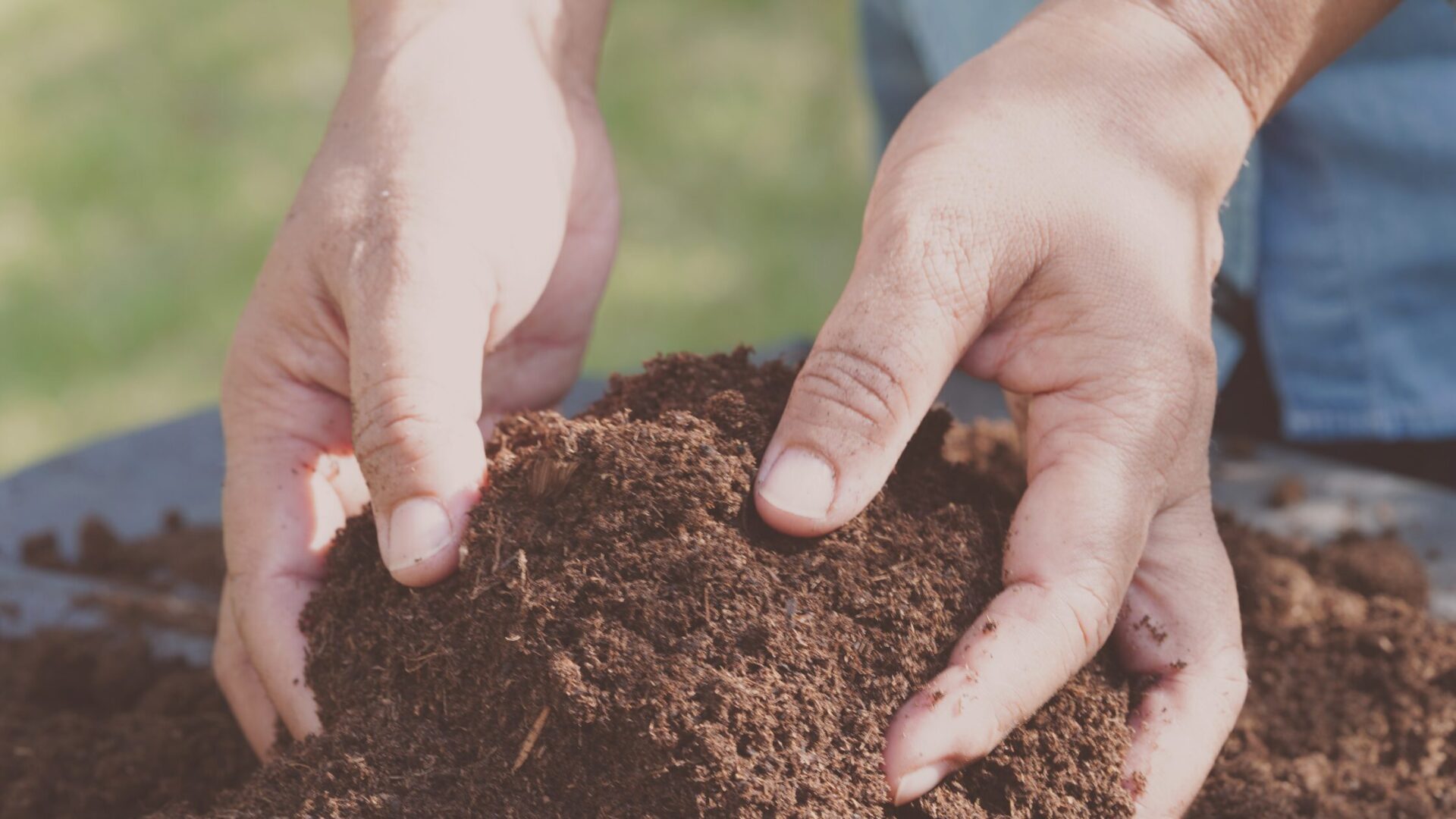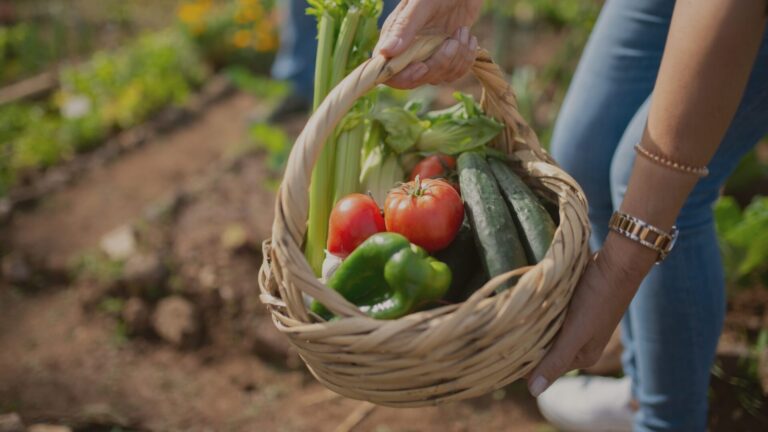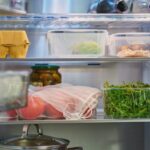I have utmost respect for farmers. It is one of the most important jobs without which human beings cannot survive. Living in the current system, we, consumers, don’t see how hard it is to grow food and keep food production stable.
Agriculture plays a key role in a sustainable future. Without a stable provision of food, we cannot flourish and have a good life. It also has a direct impact on our environment.
Conventional agriculture has increased our food production, but it has cost us a lot too. Chemical pesticides and fertilizers pollute our soil and water. We also lost biodiversity by monocrop plantations and the use of pesticides that kill insects.
That is why I have been buying organic vegetables for more than 10 years now, starting when I was living in Paris. It started as a part of healthy eating. I was ready to pay a higher price for better quality food. Now I know that it concerns more than my own health. It concerns our future on this earth.
It is urgent that we move towards more sustainable agriculture. However, the organic agriculture industry is floundering with inflation in the competitive market. That is why we need agroecology.
Organic agricultural industry is failing
Organic foods are expensive for good reasons. By limiting the use of synthetic pesticides and fertilizers, the food production decreases. It takes more effort to produce food by following strict organic reglementations.
No matter how much we want to support and remunerate farmers who are working extra so that their agricultural practices won’t cause harm to our ecosystem or our animals, there is a limit to what we can do and how much we can pay. We can’t always afford expensive food. Inflation hits everywhere around the world. It gets harder and harder for us to pay extra price for sustainable agriculture. Why is the responsibility of sustainable transition lies in the hands of the goodness of consumers?
It is not the responsibility of farmers to transition to sustainable farming either. Their work is hard enough. In most cases, they don’t have financial means to practice organic farming.
To survive in the current economic system, they need to efficiently produce a large quantity of food. Some organic farmers are taking the same steps as conventional farming, innovating themselves to produce more by overusing biopesticides that can also be as detrimental to the ecosystem as the chemical counterparts.
That’s why organic farming, alone, isn’t enough. We need to tackle the agricultural problem holistically. Agroecology can lead us to the solutions.
Our biggest challenge of feeding all people
What is agroecology? It is an approach to ecology based on good agriculture. Agriculture isn’t simply the science and art of growing food. It also concerns politics, sociology and economics. Agroecology aims to transform the food system so that it “prioritizes the interactive good health of humans, animals, and the Earth.” (Wang and C. D. Caldwell 2021: xiii)
Ever since the Green Revolution of the 1960s and 1970s, the project of ending starvation in the world was launched. We increased agricultural production by improving the better plant breeding, the use of targeted pesticides, increased water usage and inorganic fertilizers. It also converted forests into monocrop plantations, reducing the biodiversity.
Like organic agriculture, agroecology aims to take back the soil health and biodiversity destroyed by conventional agriculture, so that we can keep growing enough food on our soil for future food security.
It also has a holistic approach to agriculture and ecology. Changing agricultural practice isn’t enough. Our economy needs to change from “industrial-based economy” to “livelihood-based economy.” (Wang and C. D. Caldwell 2021: 13) The current economy relies heavily on fossil fuel and modern technology to increase production. Sustainable agriculture goes beyond the industrial-based economy, by prioritizing people’s livelihood over monetary return.
Foods are produced without damaging animals and their ecosystems. Healthy foods are available for all people at an affordable price. That is the future that I want for future generations. Instead of arguing who can afford expensive organic foods, why don’t we join forces together and change the food politics. I can’t wait to see what agroecology can contribute to the future transformation.
Reference:
Caldwell (editor), C. D., and Songliang Wang (editor). 2021. Introduction to Agroecology. Springer.








